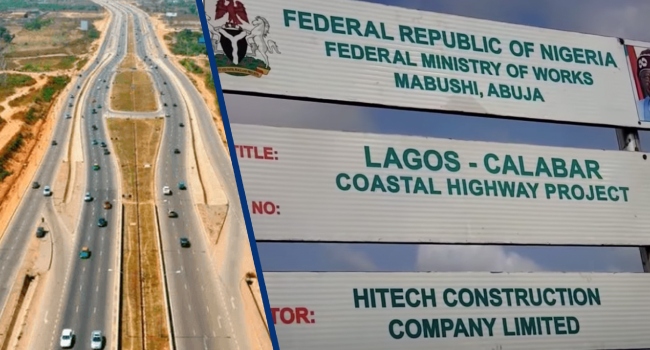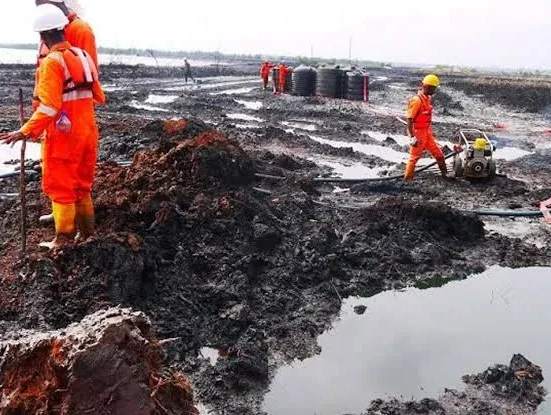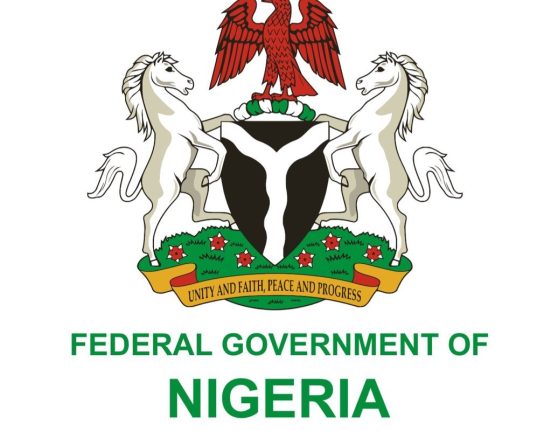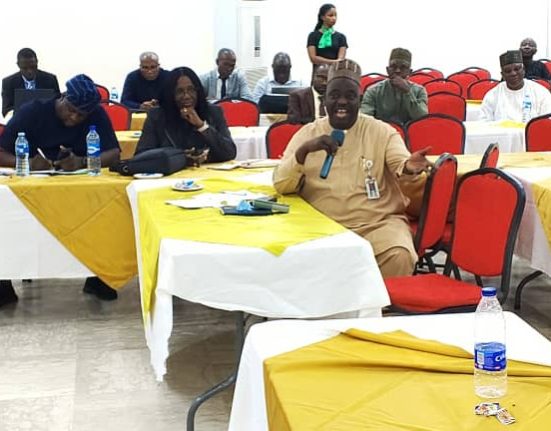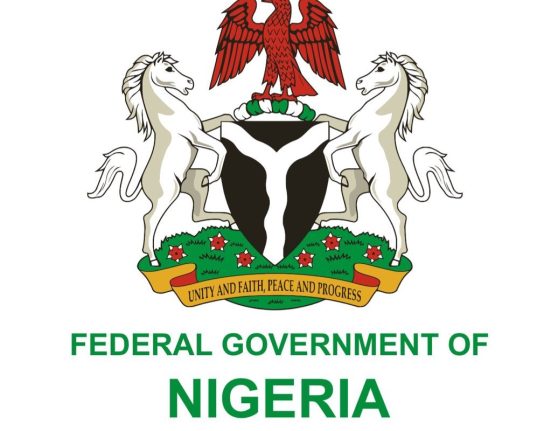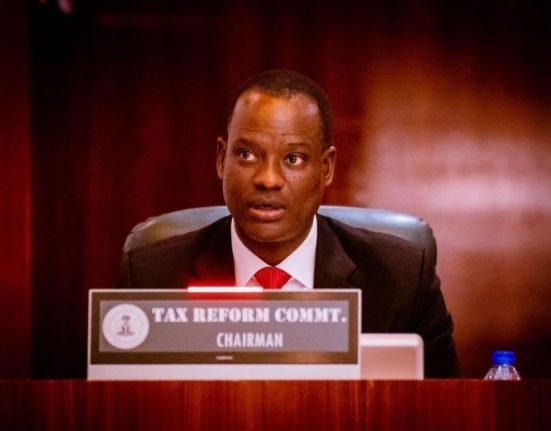Abuja, July 11, 2025 — In a landmark achievement for Nigeria’s infrastructure development agenda, the Federal Government has secured a $747 million syndicated loan to finance Phase 1, Section 1 of the Lagos-Calabar Coastal Highway, covering the Victoria Island to Eleko Village corridor (47.47km).
The deal, led by Deutsche Bank as Global Coordinator and Bookrunner, marks the first syndicated road infrastructure loan of its scale in Nigeria, signaling robust global investor confidence in the country’s reform path and infrastructure priorities under President Bola Tinubu’s Renewed Hope Agenda.
The financing involves a powerful mix of regional and international lenders including First Abu Dhabi Bank (acting as Agent and Intercreditor Agent), Afrexim Bank, Abu Dhabi Exports Office (ADEX), ECOWAS Bank for Investment and Development (EBID), Nexent Bank N.V., and Zenith Bank through its offices in Nigeria, the UK, and Paris. The Islamic Corporation for the Insurance of Investment and Export Credit (ICIEC) is also backing the deal with partial political and commercial risk insurance.
Awarded under an EPC+F (Engineering, Procurement, Construction + Financing) framework, the project is being executed by Hitech Construction Company, a leading indigenous firm. The structure ensures that engineering execution and financing are seamlessly integrated, enabling accelerated delivery and strong private-sector investment alignment. Construction of the section is reportedly over 70% complete.
Built with Continuously Reinforced Concrete Pavement (CRCP), the highway is designed for a minimum 50-year lifespan with reduced maintenance requirements. The project also complies with rigorous technical, legal, environmental, and social standards, aligning with international best practices.
Once completed, the Lagos-Calabar Coastal Highway is expected to transform West Africa’s transport landscape, boosting trade, tourism, regional integration, and employment. A tolling strategy is being developed to ensure the financial sustainability of the corridor, which is structured as a concession-backed model. Planning and financing for future phases are underway, with continued interest from global financiers.
Government officials have hailed the transaction as a critical step in actualizing Nigeria’s long-term infrastructure ambitions, underscoring the confidence of development partners in the country’s economic reforms and investment outlook.

